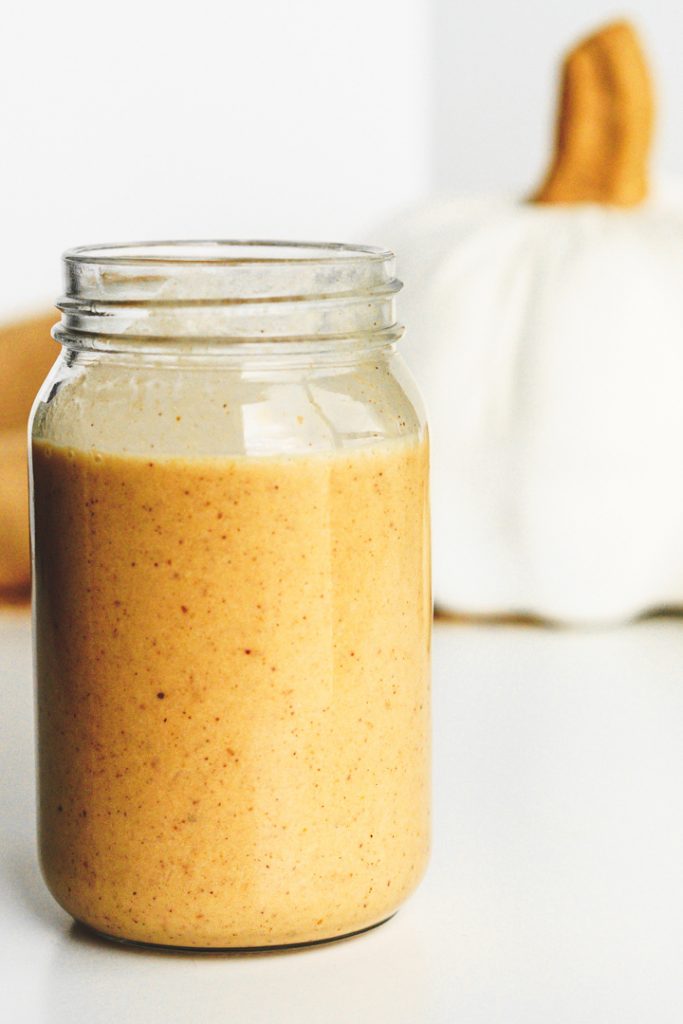Pumpkin is often associated with the vibrant flavors of fall, but beyond the pumpkin spice craze lies a highly nutritious vegetable that offers a multitude of health benefits. Packed with vitamins, minerals, and antioxidants, pumpkin is a powerful food that can boost your well-being in numerous ways. Here’s why pumpkin deserves a place in your diet all year round.

1. Rich in Essential Nutrients
Pumpkin is loaded with essential vitamins and minerals, including vitamin A, C, E, potassium, and fiber. A single cup of cooked pumpkin contains more than 200% of the daily recommended intake of vitamin A, which is essential for good vision, immune function, and skin health. The potassium found in pumpkin can help balance blood pressure levels, making it an excellent food choice for heart health.
2. Supports Eye Health
The high levels of beta-carotene in pumpkin convert to vitamin A in the body, which is known to support healthy vision. Beta-carotene also plays a role in protecting the eyes from age-related degeneration and reducing the risk of cataracts. Alongside lutein and zeaxanthin, two other antioxidants in pumpkin, this fall vegetable is a fantastic addition for eye health.
3. High in Antioxidants
Antioxidants are compounds that protect your body from harmful free radicals, which can cause cellular damage. Pumpkin is particularly rich in beta-carotene, alpha-carotene, and beta-cryptoxanthin, all powerful antioxidants that help prevent chronic diseases and reduce inflammation.
4. Supports Weight Loss Goals
Pumpkin is a low-calorie food that can be incredibly filling, thanks to its high fiber content. Fiber promotes satiety, helping you feel fuller for longer, which can support weight management goals. Plus, pumpkin has a low glycemic index, meaning it releases glucose slowly, which can help maintain steady blood sugar levels and curb cravings.
5. Promotes Heart Health
Pumpkin is rich in fiber, potassium, and vitamin C, all of which are known to support heart health. Potassium, in particular, helps lower blood pressure, which can reduce the risk of stroke and heart disease. Furthermore, the fiber content in pumpkin can lower LDL (bad) cholesterol levels, promoting a healthier cardiovascular system.
6. Boosts Immunity
The combination of vitamin A, C, and E in pumpkin helps strengthen the immune system. Vitamin A is known to help regulate the immune response, while vitamin C stimulates the production of white blood cells, which protect against infections. Consuming pumpkin regularly, especially during the fall and winter months, can give your body an added immune boost.
7. Improves Skin Health
The beta-carotene in pumpkin helps protect your skin from harmful UV rays, preventing premature aging and skin damage. Additionally, the vitamin C in pumpkin promotes collagen production, which can keep your skin firm and youthful.
8. Versatile and Delicious
Pumpkin is a versatile ingredient that can be incorporated into a variety of dishes. From soups and stews to baked goods and smoothies, there are countless ways to enjoy the health benefits of pumpkin. You can use it fresh, canned, or even as pumpkin seed snacks.
Quick Recipe Idea: Pumpkin Smoothie for a Healthy Boost

Try this nutritious pumpkin smoothie:
- 1/2 cup canned pumpkin puree
- 1 banana
- 1/2 cup Greek yogurt
- 1 cup almond milk
- 1/2 tsp cinnamon
- 1/4 tsp nutmeg
- Optional: 1 scoop of protein powder
Blend until smooth, and enjoy a healthy, delicious treat packed with nutrients.
Conclusion
Pumpkin is more than just a fall trend; it’s a nutrient-dense vegetable that can offer lasting benefits to your health. With its impressive nutrient profile and versatility, adding pumpkin to your diet can support immunity, eye health, heart health, and more.




